Born in Dublin, Síofra Pierse studied at University College Cork before going to Oxford to read for a master’s degree and then a DPhil in Modern Languages (French), specialising in the work of Voltaire. After a period working as a Maître de Langue (anglaise) at the École Normale Supérieure in Paris, she took up a post at University College Dublin (UCD). Pierse is now Head of the School of Languages, Cultures and Linguistics and Professor in French and Francophone Studies at UCD. In 2023, she was named a Chevalier dans l’Ordre des Palmes académiques by the French government for services to French language and culture. Pierse is a member of the UCD Humanities Institute and a former Fellow of the Irish Research Council for the Humanities and Social Sciences. Her published works include Voltaire: A Guide to His Life and Works and Voltaire Historiographer: Narrative Paradigms and (as co-author/editor) The Dark Side of Diderot and Turmoil: Instability and insecurity in the eighteenth-century Francophone text. This narrative is excerpted from an interview with the Rhodes Trust on 16 January 2025.
Síofra Pierse
Ireland & Trinity 1994
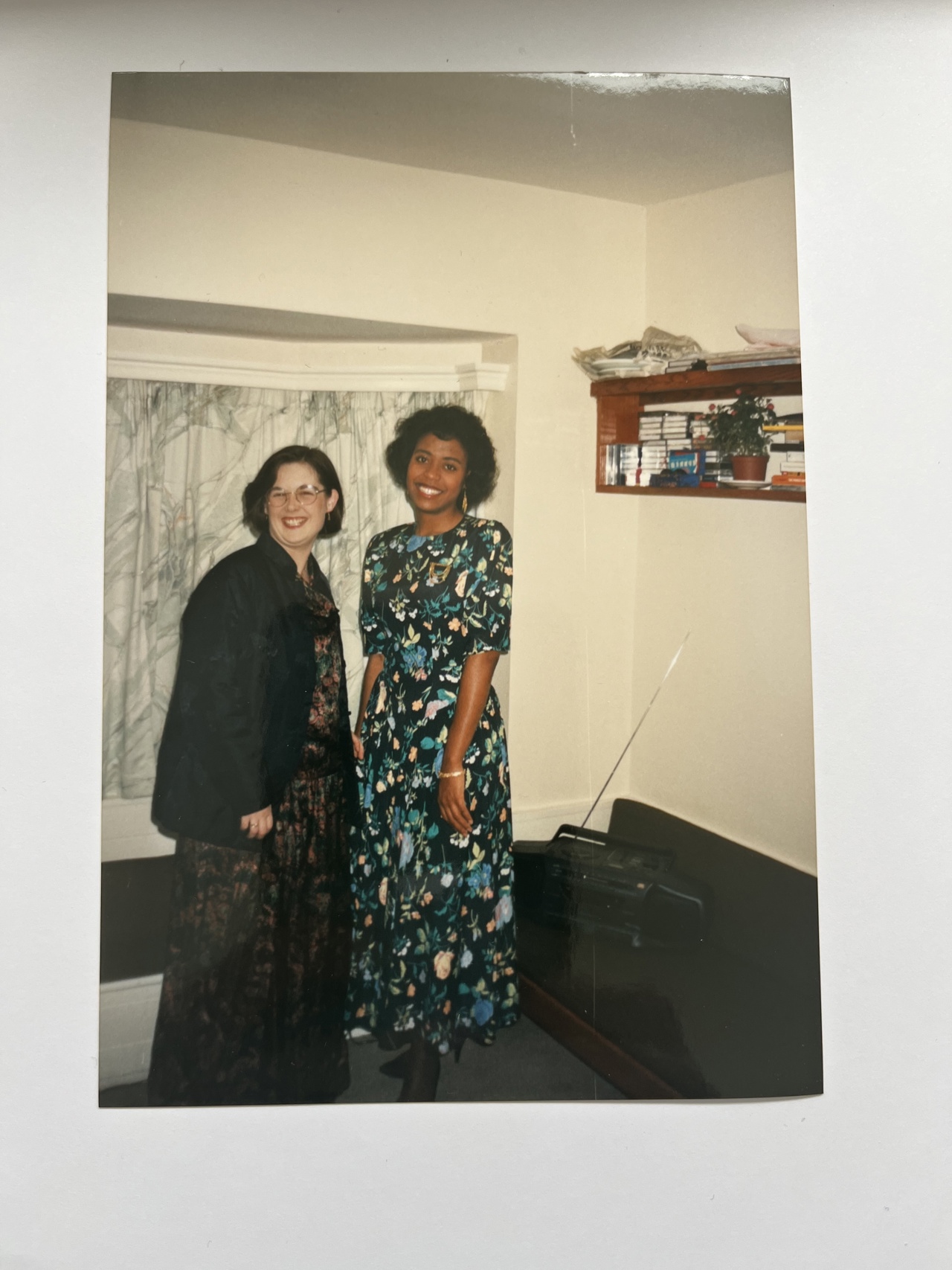
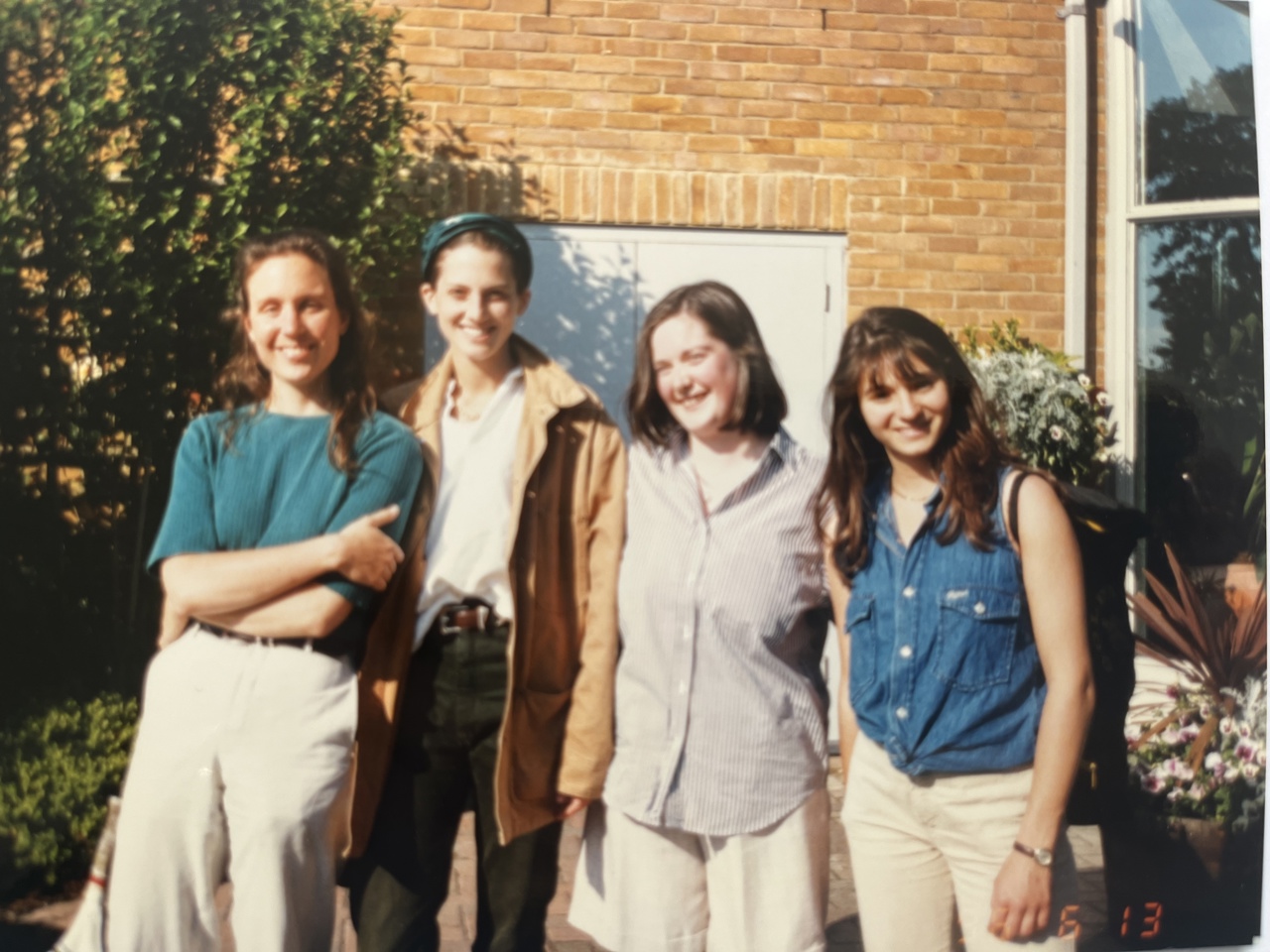
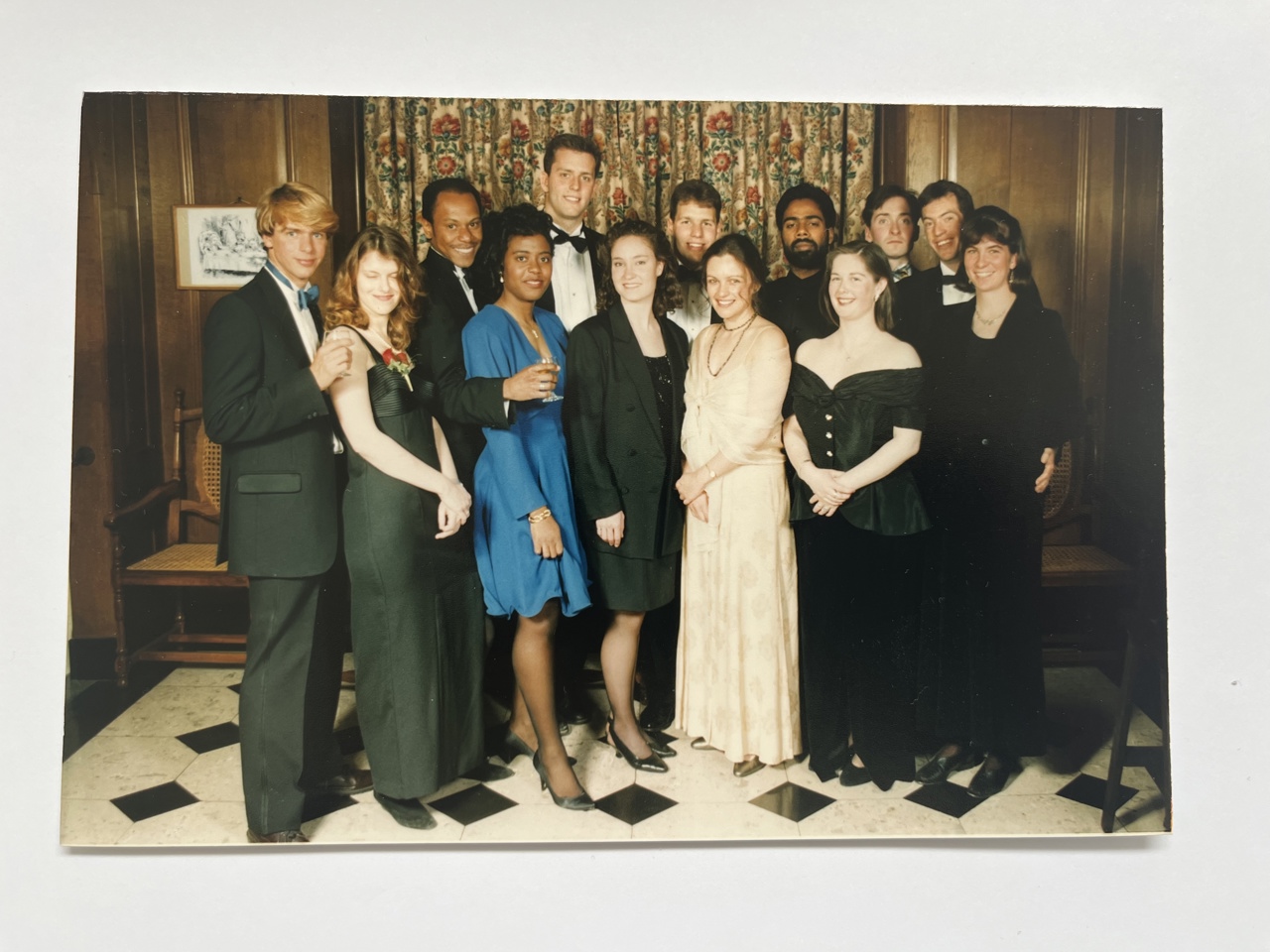
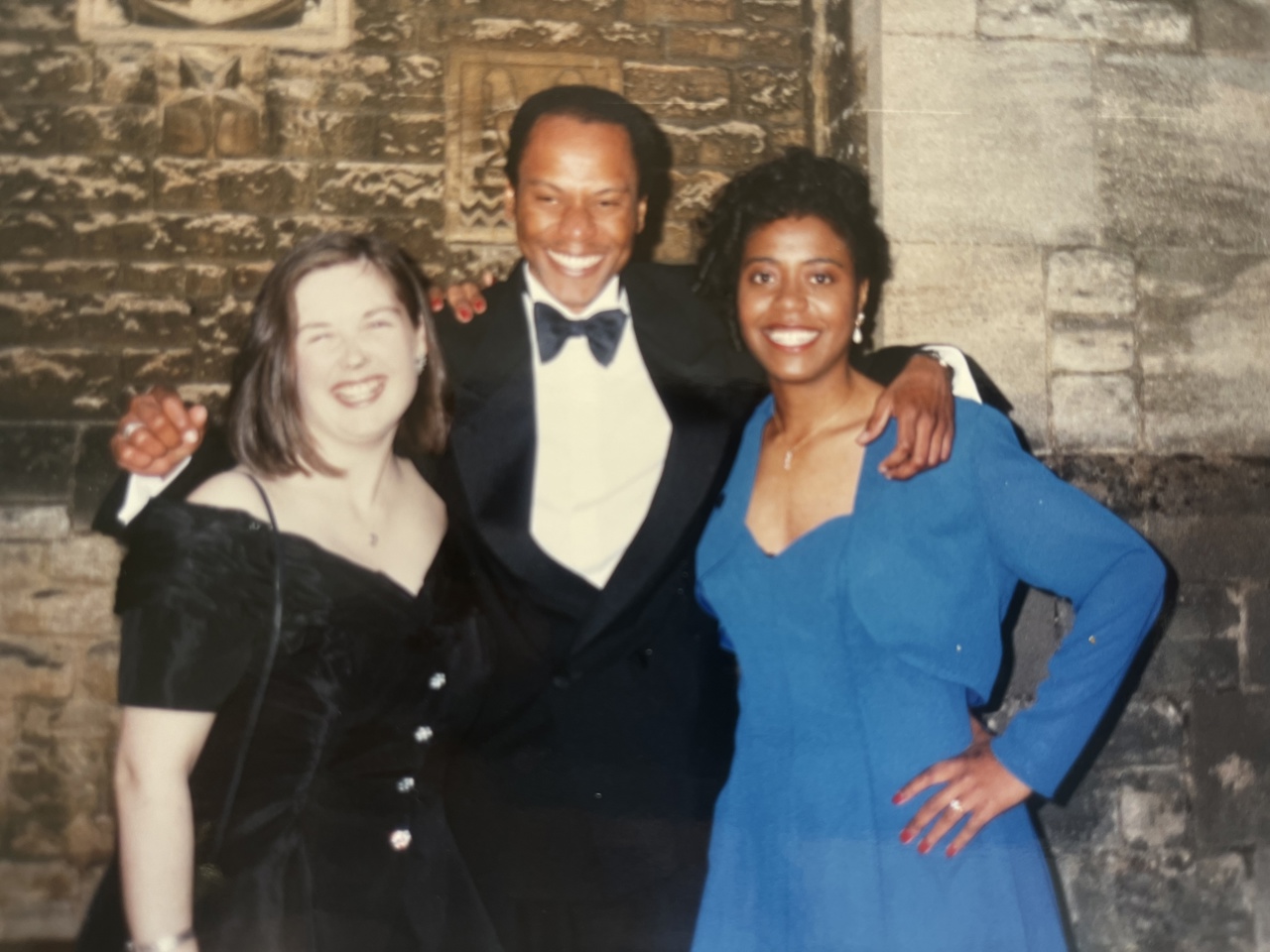
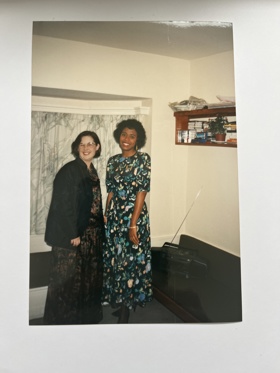
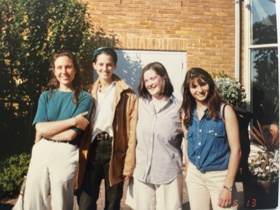
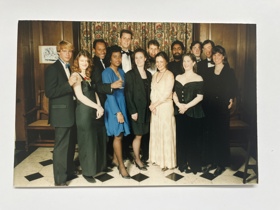
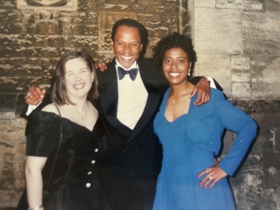
‘It’s really fantastic to have comparators in life’
I was born in Dublin but I spent my childhood in a seaside town called Wexford, in the southeast of Ireland. When I was about ten, we moved to Cork which is a much bigger university city in the south of Ireland. That was quite the cultural shock for me, but very interesting to compare. I think that moving around when you’re young is great, because it’s really fantastic to have comparators in life. I’ve always valued travel for that reason.
My family was a really interesting mix. My mother was from Dublin and my father was originally from Wexford, and he had a great sense of duty and service to his town. And my father’s mother was American, part of the Irish diaspora, so my father has this whole American side to him which I’ve always found fascinating. Almost all of the marriages in my family have involved travel at some point, and I think somehow that does enrich one’s existence.
My parents were inspirational in that they wanted my brother and I to be able to try anything we wanted to try. It was an all-round education and there was never any sense that one had to excel at things. I was very lucky, and I got a chance to try out art, music, any sports I wanted. One of the things I was very interested in from a young age was learning languages, because my mother is multilingual, and also because Wexford had an annual opera festival, so there would be multilingual, international, multinational people there. I remember hearing German, Italian, French, Portuguese, whatever, being spoken and thinking, ‘Oh, my gosh, I would love to actually know what that person is saying.’
Educationally, my schools were absolutely fantastic at both primary and secondary level and I had inspirational teachers. I got my exposure to languages at secondary school. I did French and German as well and then I took Italian. I also started to teach myself Russian later on. And I had the most brilliant Latin teacher who taught us to speak Latin as well as read it. She was one of those small women with a presence. She never raised her voice above a whisper, but she could have commanded Roman armies.
On applying for the Rhodes Scholarship
I went to University College Cork, which was essentially my local university but is also pretty well renowned in national terms. It was magnificent. I chose Arts subjects, which at that time was a bit of a rebellion, because if you were very academic, it was expected that you would do medicine or similar. I studied French, Italian, German, and Greek and Roman civilisation, and then I did my final BA in French and Italian.
The Rhodes Scholarship I applied for doesn’t exist anymore. There was a very short span of five years when the Rhodes Trust was offering European Rhodes Scholarships. I heard it about it when I won a selection of prizes at the end of my first year and one of the other prizewinners had just won a Rhodes Scholarship. It was one of those serendipitous moments, because I had not even thought about Oxford. And that same year, I bumped into Voltaire, which was another piece of serendipity. I had this inspirational lecturer who held a special reading group on Voltaire and it was brilliant. I thought, ‘I want to do this.’ Then I found out that the world centre for Voltaire studies was at Oxford. I had no other knowledge of the Scholarship at all. I just thought, ‘Well, I’ve got nothing to lose,’ and I more or less applied in a vacuum.
‘You should always treat a place through its people’
I think arriving in Oxford is always an impressive moment. It was so beautiful, such an impression of dark wood, of age, of history. It was daunting, but I always say you should treat a place through its people and the porters when I arrived were phenomenal. They really put me at my ease, and everybody else in the college did the same. I lived on a staircase with a lot of other international students. Of course my fellow Rhodes Scholars were all international too, and there was something very settling about that. I made lifelong friends in Oxford.
I started off my doing a one-year master’s degree and then went on to do a DPhil. Professor Jonathan Mallinson was my supervisor and he was not only an incredible scholar but also a fabulous mentor. He always managed to see something positive in my work and he made it fun. That was really helpful, because a DPhil is a long journey. I was working on Voltaire’s historiography, that fine line between history and story. I’m very interested in that interface between truth and perception and that feels even more urgent now in a world of fake news.
I had fun when I wasn’t studying too. I fronted a ceilidh band called The Floozies and I think we went to every college ball in Oxford! One other highlight for me was helping underprivileged students with tuition. A group of us Rhodes Scholars would go out every week to a school in Blackbird Leys and I would spend a morning with the French teacher there. This was the caring side of education, where it was helping children who just needed attention in the morning because they had come to school having had no sleep or no breakfast. It was heartbreaking, such an eye-opener, and a seminal moment in terms of how I perceived education and its function. Even now that impacts me: I don’t see the achievement or the grade, I see the person.
‘I absolutely love what I do’
After my Oxford DPhil I moved to the École Normale Supérieure where I first taught English to the French and then, in my second year, was a maître de langue teaching English language but also English literature. I got the chance to teach some Beckett and Joyce and that was a beautiful moment. At that point, I didn’t have a career trajectory in mind. I had actually thought for a time about becoming a diplomat. But when I started lecturing, I just loved it and I began to look for academic jobs.
I got a job offer at University College Dublin and started there in 1999. It was only a temporary job, and I thought I’d just give it a year and see how it went, but then a post came up there in my specialty. I got the post, and I made the decision to stay. I think it was a really good decision for me. I absolutely love what I do and it’s been a great career. I feel very privileged to be a university lecturer because there are so few positions in my field around the world. Even today, I come in to work and I’m so excited to be doing it.
I’m now Head of the School of Languages, Cultures and Linguistics. When I was a little girl running around in Wexford I could never have imagined myself in this position. I can honestly say hand-on-heart that I’ve given my everything, given my all, to my job, to my community, to my work here. And being given a knighthood by the French government for my work on Voltaire was wonderful, in the sense that it was great for my work to be recognised, though I wasn’t very comfortable with the publicity around it. Like so many of us, I still have a lingering sense of imposter syndrome.
‘It’s really important to engage with otherness’
I believe so strongly in seeing the world, talking to different people. I’m convinced that will be a source of peace in the future and that it’s really important to engage with otherness, even if we don’t embrace it. I also think it’s important to step up and lead when you have the opportunity. It’s very easy to stand back and criticise people in leadership, whether that’s politicians or those in academia, but what I do gives me a chance to let people know about the brilliant work that is going on in modern languages at a time when it’s not being supported by government or by academic institutions. I do think the Rhodes gives you the confidence to say, ‘Yes, okay, I’m a leader. I’ll step into that.’
